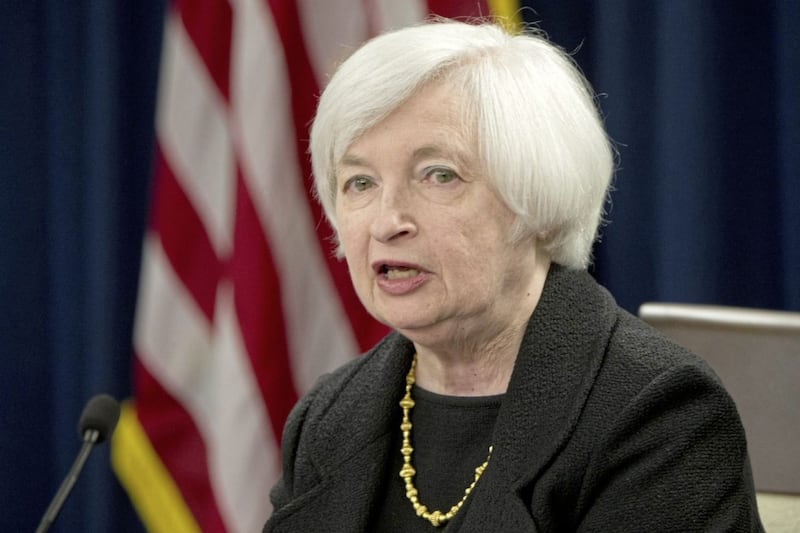THE financial markets have continued to rally this month, despite a large degree of uncertainty in relation to some key issues. These include the global economic outlook and concerns over slowing growth. Indeed in the week just gone, the World Bank lowered its global growth forecast for the year to 2.4 per cent from 2.9 per cent.
Next week's EU referendum is also a key source of uncertainty. Meanwhile, the markets are also trying to get a handle on when the US Federal Reserve will hike US interests again. This task has been made more difficult by the recent very weak US payrolls data for May, which also included downward revisions to the March and April numbers.
With that in mind, this week’s Federal Open Market Committee (FOMC) meeting for June will garner plenty of attention. Given the aforementioned weak US employment data and Fed chair Janet Yellen’s speech last week, where she removed the reference to rate hikes “in the coming months”, market expectations are for no change to policy. In fact, futures contracts suggest that the financial markets are not expecting another 0.25 per cent hike until around spring 2017.
Updated Fed projections, and the press conference by Janet Yellen, should provide some guidance to markets on the potential timing and magnitude of interest rate increases from the FOMC. Its last projections indicated that it was considering two hikes this year.
We would not be surprised if the Fed sticks to this view, which would potentially point to rate hikes at its September and December meetings. Meanwhile, the chair’s press conference is likely to strike a balanced tone, providing a positive assessment of the US economy while at the same time being cognisant of the risks facing it.
Meanwhile, the UK calendar is also busy, with a raft of key labour market data due. The unemployment rate is anticipated to have held at 5.1 per cent for a sixth consecutive month in April. This largely reflects the sharp slowdown in employment growth of late.
At the same time, earnings growth has moderated and is forecast to have remained subdued in April. CPI inflation looks set to edge up further in May to 0.4 per cent, suggesting a further slowdown in real wage growth. Retail sales are anticipated to improve further in May, following on from April’s strong pick-up.
In terms of UK monetary policy, the Bank of England Monetary Policy Committee (MPC) meets this week, with no policy changes expected. Although, markets will still be looking to the meeting minutes for any insights into the MPC’s current views on the risks facing the UK economy, including the upcoming referendum on EU membership. For the moment, sterling is likely to remain volatile as the various opinion polls on the EU referendum are likely to continue to drive the UK currency this week.








